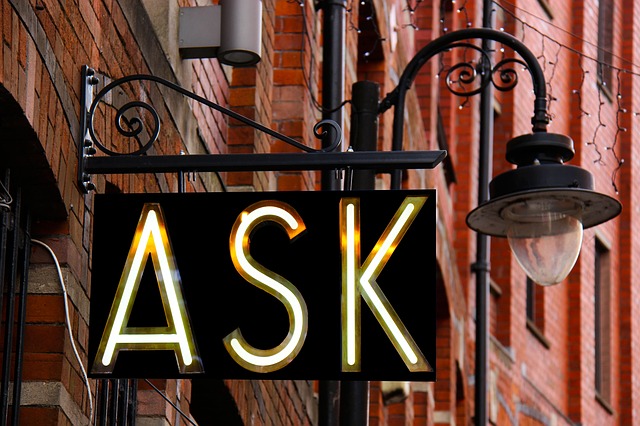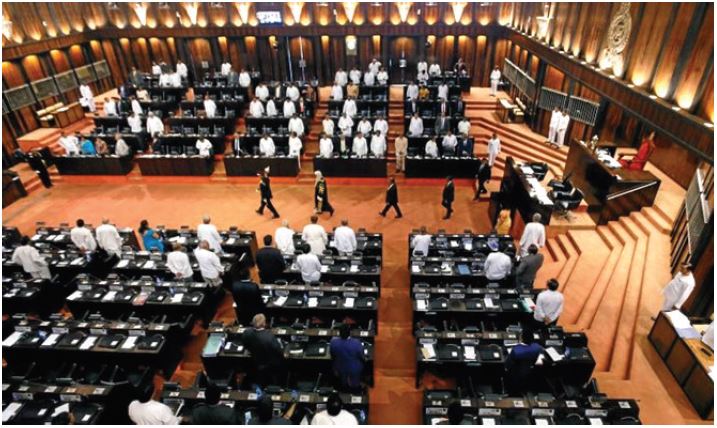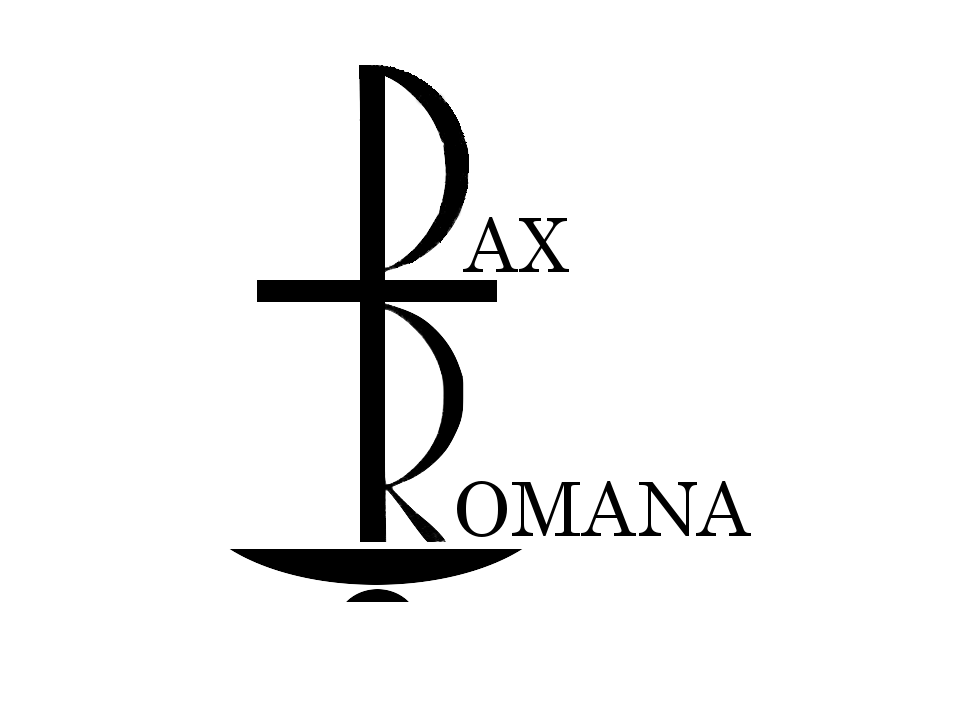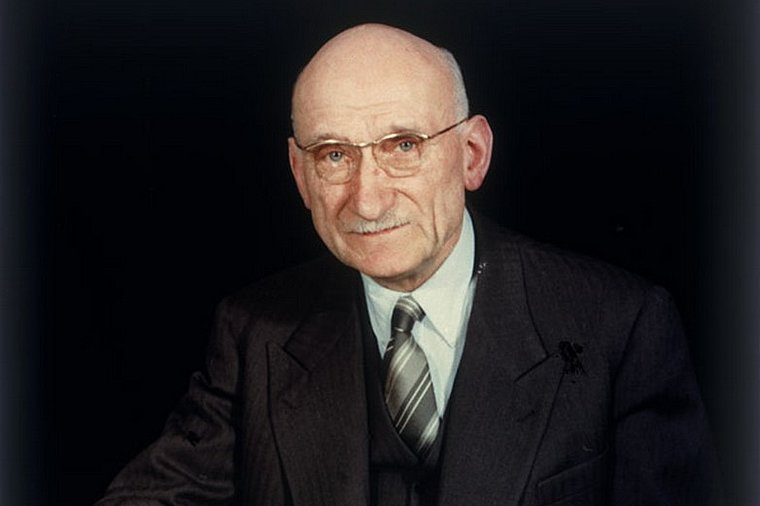At the beginning of May 2018, Viktor Orban was sworn in as Prime Minister following another clear victory after the parliamentary elections in Hungary. His subsequent speech contained the following key message: “The era of liberal democracy is over.” It had proved unsuitable for defending human dignity, freedom and physical security. His answer and that of the Hungarians is “to have to build the Christian democracy of the 21st century instead of the shipwrecked liberal democracy”. “We are Christian Democrats and we want a Christian democracy.”
If the comparison with the American Declaration of Independence of 1776 were not so absurd, one could almost think of the words used there: “We, the People of the United States”, and that because expressly it did not mean women, blacks and Indians. About 240 years of civilization later, Orban’s definition also excludes a large group of people from the demos, the (state) people: all non-Christians.
No politician on European soil had said this so clearly in the last 80 years. But it has also been obvious for a long time how far other basic democratic standards in Hungary, such as the rule of law and freedom of expression, are no longer valid. This Viktor Orban had the privilege of being the first official state guest of the new government in Austria (apart from a guest at the New Year’s Concert). What does this say about the value of democracy and its defence? In Austria and even more so in our European neighbour Hungary? Isn’t the fact that such a thing can be said without public outcry, without violent political reaction, already an indication that liberal democracy is actually coming to an end, albeit for other reasons? I refuse such a way of thinking, but I can’t close my eyes to the fact that I see democracy in crisis.
The fact that liberal democracy is the most suitable form of government for achieving the highest possible quality of life for the largest possible group of people seems to me to be proven by its history. One only has to be aware of what therefore belongs to the “indicators” of a democracy. And you have to know that democracy is never “complete”, but is in a process. Democracy is developed by people for people, so the process must be driven by people. However, the direction of the process is decisive, and therefore the question must first be answered: In which society do we want to live?
Everyone knows about the essential differences between democracy and dictatorship, but to recognize the beginning of the transformation from one to the other is no longer so easy. Too often we have now learned that democracy was abolished not by a coup but by democratic elections. The signs that existed before such elections were simply not perceived or not taken seriously. But that is only one possible developmental strand, which I am concerned about, but not about, Europe and Austria.
On the other hand, authoritative behaviour cannot be ruled out in this country either. In such systems, man is left alone by state power as long as he does not get in its way and directs his way of life according to its rules. Participation in decisions is minimized, often through the detour of a plebiscitary system in which factual issues can be transformed into emotional states and thus easily instrumentalized, the judiciary and police have an outstandingly strong position of power, the independence of the media is strategically undermined, interest groups curtail the power to act. The mood thus created creates opportunism and anticipatory obedience among the citizens, and the circle is asleep. Only the profiteers themselves want to live in such a society, but it is becoming increasingly difficult for the others to fight against it.
So what kind of society do we want to live in? But hopefully in a society in which we can rely on the rule of law, on freedom of expression, on social cohesion, on solidarity in society, on tolerance and respect for people who think and live differently, on equal rights for men and women, on an education and health system which is accessible to everyone and which promises success, on a suitable infrastructure, on a pluralistic cultural offer. All this and much more, and all this is financed by the public sector through our solidarity-based tax payments. These are the indicators of democracy, and the core of implementation is the parliament, the place of the free representatives elected by the people.
The list may sound like a letter to the Christ Child – and yet serious work has been done since the Second Republic was founded to achieve all of these goals. But why then the obvious democracy fatigue (only 70 percent of the population thought it was the best form of government in the last survey), the disenchantment with politicians, the strengthening of a new right?
As always, there will be many reasons for this. The failure to achieve the objectives is one of them, and I consider the social field to be the most severely affected and most important. The credibility of the decision makers has suffered and can obviously only be restored with massive PR efforts. Above all, however, globalisation and the resulting increase in economic power have seriously changed the scope for political action. For this reason, the social scientist Colin Crouch speaks of the age of “post-democracy” because he believes that democratic states have become self-service shops for the economic and financial elites. Although I consider this to be exaggerated, I admit that this shift in power is also one of the causes of the crisis situation of democracy. I therefore also found it alarming when Angela Merkel spoke in 2011 of the need for a market-driven democracy, and when the Bertelsmann Stiftung came to the conclusion in its analysis of the penultimate German Bundestag election that Germany was developing into the democracy of those who earn the most.
And yet: there is also reason for optimism. The strengthening of civil society and the self-organization of countless small biotopes show that there is no disenchantment with politics. The unusual assistance of so many humans opposite fledgelings shows that there is an increase in active solidarity apart from the evident solidarity loss evenly also. And the countless books that appear and the public discussions about the “rescue” of democracy show that there are many who have an honest interest in their existence and further development. For this we need neither a majority voting system nor the rabid expansion of direct democracy; but that is a separate issue. Rather, it will depend on how we deal with the social question and on our willingness to take a course correction in economic policy. And politicians must have the courage to regain room for manoeuvre.
Liberal democracy is fit for the future. If we make the common good the subject of public discourse again and are prepared to learn from the past, we will prove it. Because we need them.





Leave A Comment
You must be logged in to post a comment.